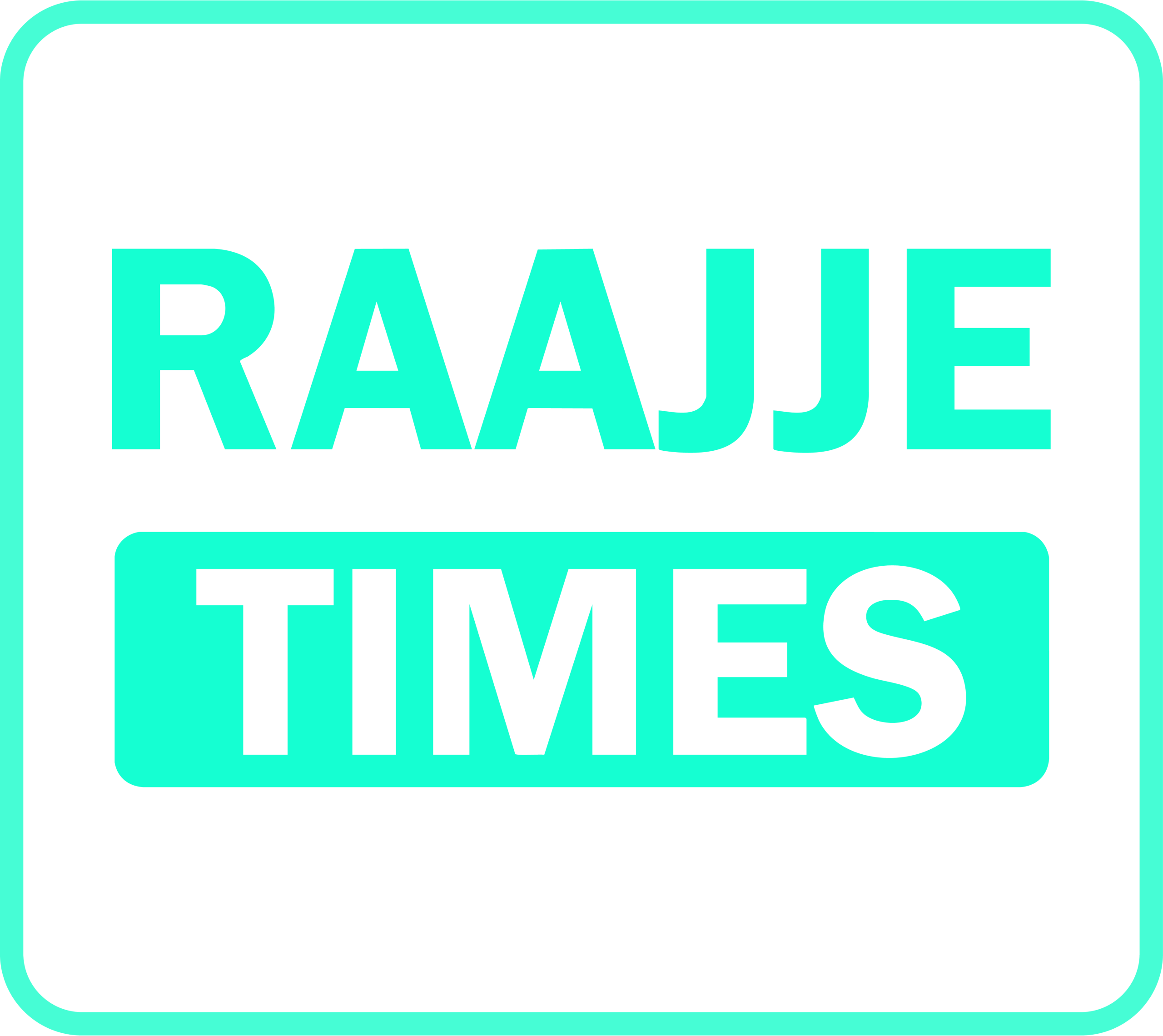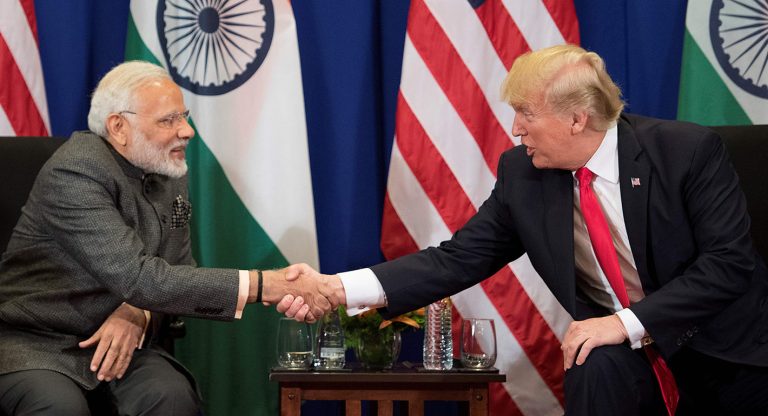U.S. President Donald Trump on Monday criticized the trade relationship between the United States and India, calling it deeply imbalanced and unfavorable to American interests. He claimed that while India exports significant volumes of goods to the U.S., American businesses have limited access to the Indian market due to longstanding high tariffs.
The comments came via a post on Trump’s social media platform, Truth Social, where he outlined his view that the U.S. has done little business with India, while India benefits from large-scale exports to its biggest trade partner.
Trump’s remarks follow the recent implementation of 50 percent tariffs on Indian imports, which took effect late last month. The move was partly intended to penalize India for continuing oil imports from Russia, despite growing U.S. pressure. These tariffs come in addition to a 25 percent baseline tariff imposed earlier on Indian goods as part of the administration’s broader protectionist economic agenda.
He also pointed to India’s defense and energy ties with Russia, noting that India sources most of its oil and military equipment from Russia, while engaging minimally with the U.S. in those sectors. Trump said India had now offered to lower its tariffs to zero, but suggested the gesture was too late to reverse the longstanding imbalance.
The criticism comes shortly after the conclusion of the Shanghai Cooperation Organisation (SCO) summit in Tianjin, China, where leaders of member states adopted a 10-year development roadmap and pledged to deepen economic and security cooperation. The summit brought together around 20 heads of state and government, along with leaders of key international organizations.
As the U.S. tariffs contribute to rising uncertainty in global markets, SCO leaders reaffirmed their commitment to a multilateral trading system, positioning themselves in contrast to Washington’s increasingly unilateral trade policies.
The growing tensions between the U.S. and India add another layer of complexity to an already volatile global economic landscape, as both countries navigate geopolitical alignments and strategic interests.
Leave a reaction




